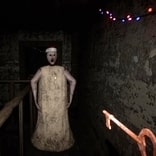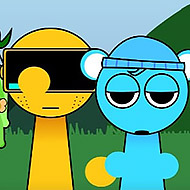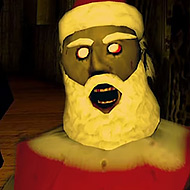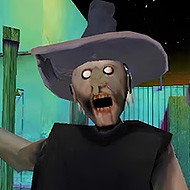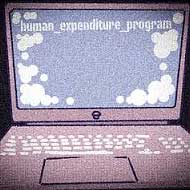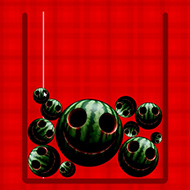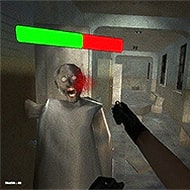Sprunki Retake But Hands introduces a twist to the standard rhythm-based formula by putting full emphasis on hand mechanics. The gameplay revolves around manipulating articulated hands in sync with complex beatmaps and obstacle sequences. Instead of simply pressing buttons or tapping to the rhythm, players must learn to control left and right hand movements across independent tracks, introducing a deeper layer of difficulty and coordination. The result is a rhythmic puzzle challenge that feels both physical and cerebral.
Dual-Hand Control Mechanics
Sprunki Retake But Hands assigns each hand a separate rhythm path, requiring the player to manage overlapping beats and gestures simultaneously. The control scheme involves gestures like swiping, gripping, rotating, and locking into positions with precision timing. The game becomes especially challenging when:
- Hand paths desync and each limb must follow a different tempo.
- Environmental cues force repositioning hands mid-beat without breaking flow.
- Gestural inputs layer into sequences that must be memorized and executed quickly.
This structure encourages muscle memory and spatial rhythm awareness over simple reaction time. Difficulty increases steadily, often introducing new techniques like hand-switching or locking one hand in place while the other continues moving.
Stage Design and Progression
Each level in Sprunki Retake But Hands introduces new elements to the core rhythm structure. Some stages emphasize obstacle dodging, while others require pressure-based presses or complex holds. Progression isn’t just about surviving a level—it’s about mastering hand positioning within narrow margins of error. Expect to encounter:
- Beat-mirror levels where hands reflect each other’s motion in reverse.
- Speed boost sections that push reaction times and planning ability.
- Boss encounters built around hyper-complex combos and deceptive syncs.
Training Modes and Creative Flow
For players looking to refine their skills, the game includes segmented training options that isolate hand drills and movement types. These are designed to build comfort with difficult transitions and prepare players for advanced sequences. Additionally, Sprunki Retake But Hands allows players to unlock cosmetic and functional variations for hands that introduce slight mechanical twists, like variable grip response or momentum tracking.
Mastery of this game requires not only rhythm sense but also a spatial awareness that feels more like learning a physical instrument. Each successful run feels earned, and each failure is a roadmap to better form.
Whether you’re a rhythm veteran or new to dual-track mechanics, Sprunki Retake But Hands delivers a deeply interactive experience that goes far beyond simple tapping, turning each beat into a dance of precision and control.


